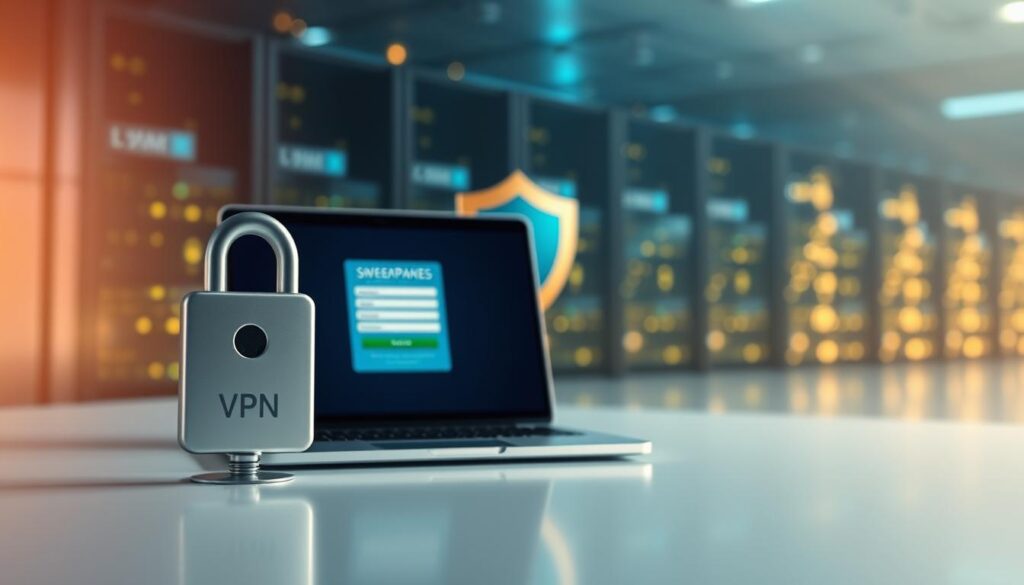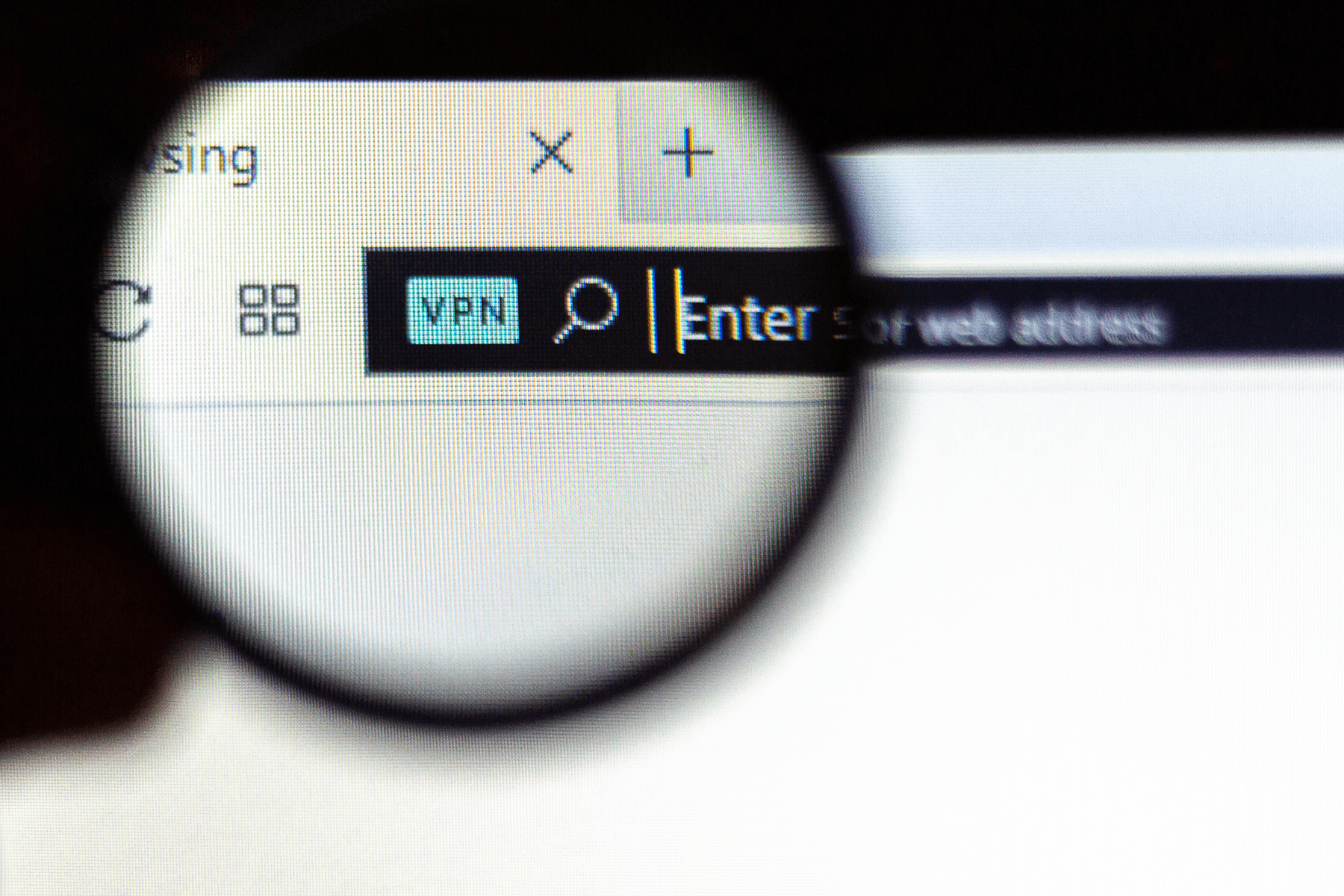Online contests often attract participants looking for creative ways to improve their chances. Masking your location through virtual private networks (VPNs) has become a common strategy, but this approach raises important questions about compliance and fairness. Many platforms enforce strict geographic restrictions, making it crucial to understand how these tools interact with contest rules.
Most promotional services verify participant locations through IP addresses or account details. Attempting to bypass these checks may violate platform terms of service, potentially disqualifying entries or leading to account suspensions. Recent updates to contest policies increasingly address location-spoofing methods, reflecting growing awareness of these practices.
While VPNs offer privacy benefits, their use in competitive contexts creates ethical and legal gray areas. Some platforms employ advanced detection systems to identify masked connections, particularly for high-value contests. Participants must weigh potential advantages against the risk of losing eligibility across multiple services.
Key Takeaways
- Geographic restrictions in contests often trigger strict verification processes
- Platform terms frequently prohibit IP masking through VPNs
- Account suspensions may occur for violating location-based rules
- Detection methods continue evolving alongside privacy tools
- Ethical considerations accompany technical workarounds
Introduction to Sweepstakes and VPN
Virtual contests now frequently employ location checks, prompting innovative responses from tech-savvy users. Sweepstakes differ from traditional gaming by requiring no purchase or skill, relying instead on random selection. Legal frameworks often mandate strict geographic boundaries for these promotions to comply with regional laws.
VPN technology masks IP addresses, creating secure tunnels for data transmission. These services reroute connections through remote servers, granting access to region-locked content. While originally designed for corporate security, personal use has surged due to growing digital restrictions.
Location-based rules dominate modern online promotions. Platforms verify eligibility through multiple data points:
| Contest Type | Legal Requirements | Location Checks |
|---|---|---|
| Sweepstakes | No purchase necessary | IP + billing address |
| Lotteries | Government oversight | GPS verification |
| Skill Competitions | Entry fees permitted | Account registration data |
Operators prioritize compliance with jurisdictional laws, while participants seek broader opportunities. This tension drives interest in technical workarounds. Privacy-focused tools like VPNs appeal to those facing geographic limitations.
Transparency remains critical. Many platforms update their terms to address location-spoofing methods. Users should review privacy policies for specific information handling practices before participating.
What is a VPN and How It Works
A virtual private network acts as a digital cloak, shielding online activities from prying eyes. This technology creates encrypted pathways between devices and remote servers, masking original IP addresses. Four core components make this possible:
Client software operates on your device, managing server connections and settings. Security protocols like OpenVPN or WireGuard establish protected communication channels. These encryption methods scramble data into unreadable code during transmission.
Remote servers act as intermediaries, assigning their IP addresses to your connection. Service providers maintain global server networks accessible through subscriptions. Together, these elements create a secure tunnel for web traffic.
| Protocol | Speed | Security Level | Common Use |
|---|---|---|---|
| OpenVPN | Moderate | Military-grade | General privacy |
| WireGuard | Fast | Modern encryption | Mobile devices |
| IKEv2 | Rapid | Strong protection | Network switching |
Data protection remains central to VPN functionality. Advanced encryption standards like AES-256 ensure information stays confidential. This security layer prevents third parties from intercepting sensitive details during online sessions.
IP masking enables geographic flexibility by borrowing server locations. However, this feature depends on provider infrastructure quality. Reliable services maintain updated server lists to ensure consistent connection performance.
Should You Enter Sweepstakes Using a VPN?
Geographic limitations in digital promotions create complex dilemmas for participants. Masking IP addresses raises ethical questions when bypassing regional restrictions outlined in platform terms. Legal experts emphasize that violating service agreements often leads to permanent account disqualification.
Legitimate scenarios exist for privacy tools during promotional activities. Travelers maintaining eligibility through home-country servers generally comply with rules. Security-focused usage without geographic manipulation typically avoids policy violations.
| Use Case | Compliance Status | Platform Response |
|---|---|---|
| Accessing from authorized regions | Permitted | No action |
| Bypassing geo-blocks | Policy violation | Entry rejection |
| Privacy protection | Case-dependent | Enhanced verification |
Platforms increasingly deploy multi-layered verification systems. Payment methods and device location data often supplement IP checks. One cybersecurity analyst notes: "Modern detection algorithms cross-reference seven data points to identify masked connections."
Gaming community surveys reveal 23% of participants risk account suspension for broader contest access. Responsible usage requires thorough review of promotion terms and regional laws. Trusted services with clear privacy policies reduce legal exposure when participating in location-sensitive gaming events.
Understanding Sweepstakes Rules and Terms
Platform terms form the legal backbone of every online contest. PrizePicks' rules require participants to verify their physical presence in approved regions through multiple checks. The service explicitly states: "Users must reside within Eligible Jurisdictions during gameplay." This geographic validation often combines IP tracking with document verification.
Registration details undergo strict scrutiny. Participants must provide government-issued identification matching their account information. Usernames promoting businesses or violating community standards lead to immediate disqualification. Platforms like PrizePicks enforce these limits to maintain regulatory compliance across states.
| Clause Type | Requirements | Enforcement |
|---|---|---|
| Location | GPS + IP verification | Account suspension |
| Identity | Photo ID submission | Entry rejection |
| Conduct | Neutral usernames | Permanent bans |
Operators retain broad discretion under their policy frameworks. PrizePicks can restrict deposit amounts or contest entries without prior notice. A 2023 enforcement report revealed 14% of suspended accounts involved mismatched jurisdiction data.
Legal experts emphasize that contest terms prioritize operator protection. Violations often trigger multi-platform blacklisting. Participants should review laws specific to their state before engaging in promotional activities requiring location validation.
Evaluating VPN Security and Privacy Features
Digital privacy tools require thorough inspection before deployment in competitive environments. Modern security features form the backbone of reliable VPN services, protecting sensitive information during online activities. Three critical elements separate robust providers from inadequate alternatives.
Advanced encryption standards like AES-256 and ChaCha20 scramble data into unreadable code during transmission. These protocols prevent third-party interception of personal details or browsing patterns. WireGuard has emerged as the gold-standard tunneling protocol due to its lightweight design and rapid connection speeds.
Verified no-logs policies prove essential for genuine privacy protection. Independent audits from firms like PricewaterhouseCoopers validate claims about data retention practices. A 2023 industry report revealed 42% of free VPN services maintain hidden user activity logs despite public claims.
| Feature | Industry Standard | User Benefit |
|---|---|---|
| Data Encryption | AES-256 | Bank-grade protection |
| Connection Protocol | WireGuard | Faster speeds |
| Policy Verification | Third-party audits | Accountability |
| Server Network | 60+ countries | Location flexibility |
| Bandwidth | Unlimited | No throttling |
Geographically dispersed server networks enhance both performance and anonymity. Premium providers maintain thousands of servers across six continents, reducing connection bottlenecks. Unlimited bandwidth ensures consistent speeds during extended browsing sessions or large file transfers.
Security-conscious users prioritize services with kill switches and DNS leak protection. These security features automatically block internet access if VPN connections drop unexpectedly. Regular software updates address emerging vulnerabilities in encryption protocols.
Benefits of Using a VPN for Sweepstakes Entries
Modern contest participation demands robust safeguards for sensitive data. VPN services offer security enhancements that protect personal details during registration and submission processes. Public Wi-Fi networks become safer when encrypted connections shield financial information and login credentials.

Geographic privacy remains a key advantage for eligible participants. Masking exact locations while maintaining regional compliance helps users avoid targeted marketing or data collection practices. A cybersecurity expert notes: "Encrypted tunnels prevent third parties from mapping user activity to physical addresses."
Threat mitigation stands out as a critical benefit. VPNs block common risks associated with online promotions:
- Phishing sites mimicking legitimate platforms
- Malware disguised as contest entry forms
- Identity theft attempts through unsecured portals
Network performance improvements enhance participation experiences. Premium services prevent ISP throttling during peak entry periods, ensuring consistent connection speeds. This feature proves vital for time-sensitive contests requiring immediate submissions.
| Threat Type | VPN Solution | User Benefit |
|---|---|---|
| Data interception | AES-256 encryption | Secure transmissions |
| Location tracking | IP masking | Controlled privacy |
| Bandwidth restrictions | Traffic obfuscation | Uninterrupted access |
Advanced security features like kill switches maintain protection during unexpected disconnections. These tools ensure sensitive details remain hidden even if the VPN drops temporarily. Responsible usage aligns with platform policies when avoiding geographic rule violations.
Potential Risks When Entering Sweepstakes with a VPN
Online promotions enforce strict measures against location manipulation. Platforms like PrizePicks deploy advanced detection systems to identify masked connections. Cross-referencing IP addresses with device GPS data and payment methods helps operators spot inconsistencies.
MultiAccounting violations carry severe penalties under platform terms. PrizePicks explicitly states: "Operating multiple accounts violates state laws and may result in fund seizure." Automated systems flag suspicious patterns like repeated login attempts from different regions.
| Detection Method | Platform Response | User Impact |
|---|---|---|
| IP mismatch with billing address | Account suspension | Funds frozen |
| VPN server recognition | Entry cancellation | Prize forfeiture |
| Device fingerprint analysis | Promo balance removal | Blacklisting |
Operators maintain updated lists of known VPN server IPs. A 2023 compliance report showed 68% of contest bans involved mismatched location information. Legal authorities may investigate repeated violations, particularly in regulated states.
Unintentional rule-breaking still triggers consequences. Shared household networks or temporary travel can sometimes mimic prohibited activities. Participants must verify regional restrictions and maintain consistent connection details throughout contest periods.
Legal Considerations and Jurisdictional Issues
Navigating online contests requires understanding complex legal boundaries across different regions. In the United States, gaming platforms operate under a patchwork of state laws that classify activities as skill-based competitions or prohibited gambling. Daily Fantasy Sports (DFS) platforms like DraftKings face restrictions in states including Montana, Arizona, and Hawaii due to local regulations.
Three factors determine legal status:
- Prize allocation methods
- Skill versus chance ratios
- State-specific definitions of gambling
| State | DFS Status | Legal Basis |
|---|---|---|
| Montana | Prohibited | Gambling Act 1987 |
| Arizona | Restricted | ARS § 13-3301 |
| Hawaii | Banned | HRS § 712-1223 |
Federal wire act interpretations create additional jurisdiction challenges. Operators must verify participant locations through GPS, IP addresses, and payment methods. A 2023 legal review found 38% of contested bans involved mismatched location data across verification systems.
Circumventing geographic blocks through technical means risks violating platform agreements and state laws. DraftKings' terms state: "Participants must physically reside in permitted jurisdictions during gameplay." Legal experts warn that masking locations could trigger fraud investigations under certain state statutes.
Platforms and users share responsibility for compliance. Operators update geofencing technologies while participants must understand regional legal frameworks before joining sports-related contests. Cross-border participation remains a gray area requiring careful navigation of jurisdiction rules.
VPN Performance and Connection Speeds
Connection speeds significantly influence contest entry success rates. Premium services optimize data routing to minimize latency during critical moments. Recent tests reveal stark differences between providers:
| Provider | Top Speed (Mbps) | Consistency |
|---|---|---|
| NordVPN | 750+ | Stable across servers |
| Surfshark | Variable | Peaks at 680 |
| ExpressVPN | 650-720 | Reliable performance |
| IPVanish | 829* | Fluctuates frequently |
Physical distance from servers impacts response times. Closer locations typically deliver faster connection speeds. However, advanced networks like ExpressVPN maintain optimized routes across continents.
Time-sensitive entries demand consistent performance. Network congestion during peak hours can delay submissions. Selecting less crowded servers often improves reliability without sacrificing speed.
Three factors enhance user experience:
- Regular speed tests for preferred locations
- Multi-server configurations for backup routes
- Wired internet connections during critical entries
Providers with unlimited bandwidth prevent throttling during extended sessions. Advanced protocols like WireGuard balance speed and security effectively. These features ensure seamless participation across various contest platforms.
Comparing Top VPN Services for Sweepstakes
Choosing reliable privacy tools requires careful evaluation of technical specifications and regional coverage. Three industry leaders stand out for contest participation, each offering distinct advantages based on user priorities.
NordVPN leads with 6,400+ diskless servers across 111 countries, ideal for maintaining secure connections during promotional activities. This provider emphasizes military-grade encryption and consistent performance metrics. Its extensive network minimizes latency during time-sensitive entries.
Budget-conscious users often prefer Surfshark, offering 600+ US and Canadian servers with unlimited device support. The service combines affordability with robust security features, including automatic kill switches. Regional focus makes it suitable for North American contests.
ExpressVPN delivers premium speeds through thousands of diskless servers in 105 nations. The company prioritizes connection stability with optimized protocols for seamless submissions. High-tier encryption ensures participant data remains protected during transactions.
| Provider | Key Features | Best For |
|---|---|---|
| NordVPN | Largest server network | Global access |
| Surfshark | Unlimited devices | Multi-user households |
| ExpressVPN | Speed optimization | Time-sensitive entries |
Each service balances security and performance differently. NordVPN excels in global reach, while Surfshark offers cost-effective solutions. ExpressVPN remains the gold standard for speed-critical scenarios. Selecting the right provider depends on specific contest requirements and geographic needs.

